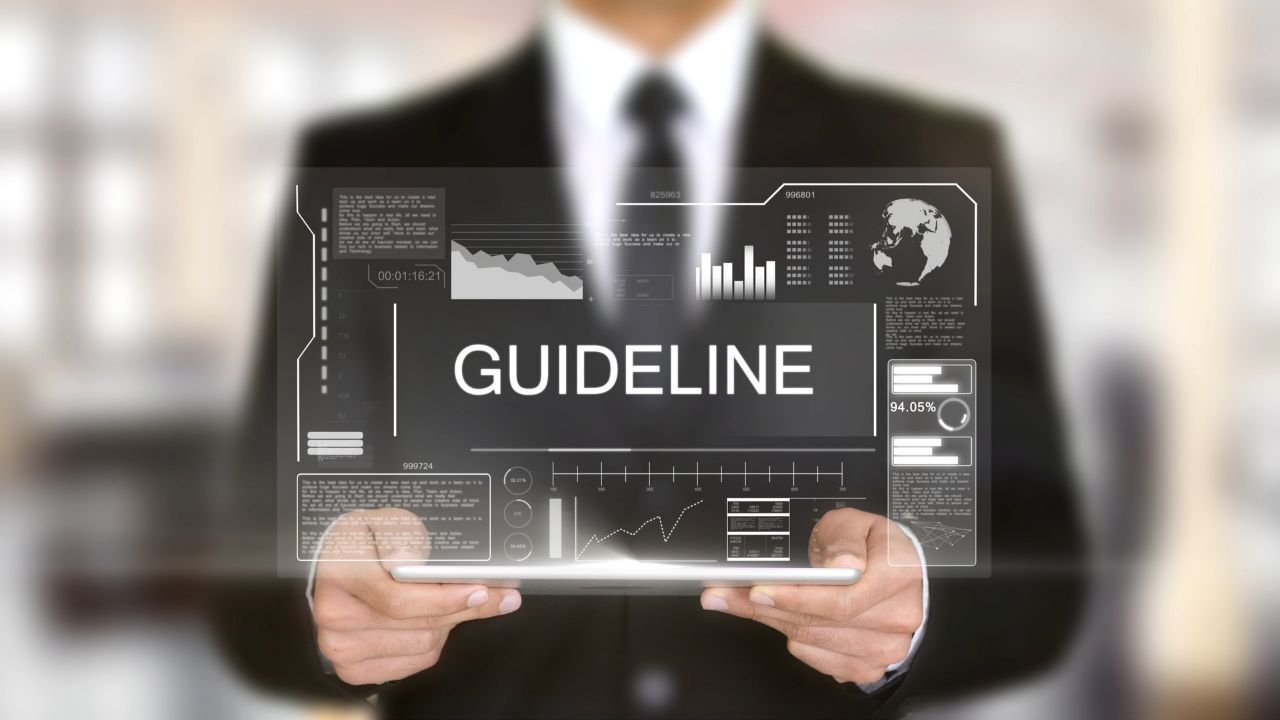
News: USCIS updates National Interest Waiver (NIW) guidelines for Entrepreneurs – how will entrepreneur cases be adjudicated under the new guidelines?
On January 21, 2022, USCIS published significant updates to its guidelines that outline how national interest waiver (NIW) cases are adjudicated. Detailed sections were added that provide valuable insights for applicants that fall under two categories: (1) those with advanced degrees in science, technology, engineering, or mathematics (STEM), and (2) entrepreneurs.
In this post, we will focus on the new policy updates which are relevant to petitions by entrepreneurs. Below are the major highlights.
1. Specific types of evidence that can support an entrepreneur’s case
In the new guidelines, USCIS recognized that traditional types of evidence may not work so well for entrepreneurs. To make it a bit easier for entrepreneurs to fit under the three-prong NIW criteria, USCIS provided a list of tailored evidence, specific to the entrepreneur context that could work just as well to support the three-prong NIW criteria: (1) substantial merit and national importance, (2) well positioned to advance the endeavor, and (3) on balance, beneficial to the US to waive the labor certification requirement for the entrepreneur.
According to the new guidelines, entrepreneurs can strengthen their NIW case if they can present the following types of evidence:
- Evidence of ownership and role in U.S. entity — an applicant’s status as founder, ownership interest in a U.S. company, and his or her central role as an authoritative figure in the company will be seen as favorable factors strengthening the second prong: that the applicant is “well positioned to advance the endeavor.”
- Degrees, certificates, licenses, letters of experience – a variety of prior education and experience, such as experience successfully leading prior start-up entities, can show the knowledge, skills, and experience that renders the applicant “well positioned to advance the endeavor.”
- Investments – a binding commitment to invest, investments, or other evidence demonstrating an entity’s future intent to invest (by organizations, persons, or venture capital firms) in the applicant’s business will be a positive factor to support both “substantial merit” and the applicant being “well positioned” to advance the business.
- Incubator and accelerator participation – The petitioner’s acceptance into an incubator or accelerator program will be considered an endorsement of the petitioner’s proposed endeavor, past track record, and the petitioner being “well positioned” to advance the endeavor.
- Awards or grants – Awards given (in the form of funding) from government entities, policy institutes, or research institutes could support a finding of “substantial merit,” “national importance,” and also that the petitioner is “well positioned” to advance the endeavor.
- Intellectual property – Patents or other forms of IP held by either the applicant OR the business itself could constitute prior record of success and potential progress towards achieving the endeavor, which supports that the petitioner is “well positioned” to advance the endeavor. The petitioner should be prepared to explain how he or she contributed to the development of the IP.
- Published materials about the Petitioner, the U.S. entity, or both – printed or online newspaper or magazine articles referencing the applicant or the U.S. business, with some reference to the applicant’s role, will be relevant in demonstrating the merit of the proposed endeavor and that he or she is “well positioned” to direct this endeavor.
- Revenue generation, growth in revenue, job creation – Growth in terms of revenue generation, job created in the U.S., which the petitioner has contributed to, could support that the petitioner is “well positioned” to advance the business endeavor. If this job creation has happened in an economically depressed area, this could also demonstrate “national importance.”
- Letters and other statements from third parties – letters from relevant government entities, outside investors, business associations, or other industry experts could speak to the petitioner’s knowledge and skills, the significance of the research or products developed by the petitioner, and the petitioner’s entity. This could be considered a form of peer review, and would be probative to demonstrating “substantial merit and national importance” of the endeavor and that the individual is “well positioned” to advance the endeavor.
2. Merit of the proposed endeavor can be proven through business-related measures
In the new guidelines, USCIS specified that the merit of entrepreneurial endeavors could be measured in terms of revenue generation, profitability, valuations, cash flow, or customer adoption, in addition to traditional metrics of determining merit. The fact that USCIS is open to considering these business-specific measures could make it easier for entrepreneurs, who have access to these measures, to highlight the strengths of their case.
3. Importance of letters from interested (quasi-)government agencies
As with other categories of applicants, letters of support from an interested government agency or quasi-governmental entity (e.g., federally funded agencies, research institutes) that endorse the merits of the entrepreneur’s proposed business endeavors can be powerful evidence that could support all three prongs of a NIW petition.
Conclusion
Overall, USCIS’s updated policy guidelines give more options to entrepreneur candidates in the types of evidences they could collect to meet the three prongs of NIW eligibility. This could make a NIW petition more accessible to entrepreneurs who may have struggled to collect more traditional forms of evidences for NIW, such as academic publications, citation record, letters from professors, etc.
Applicants should note that NIW petitions are very fact-intensive and are evaluated with considerable subjectivity, and that each case is different in terms of its strengths and weaknesses, even among entrepreneur applicants. It is highly recommended to consult an experienced attorney to accurately assess the viability of your NIW case in light of the new guidelines.